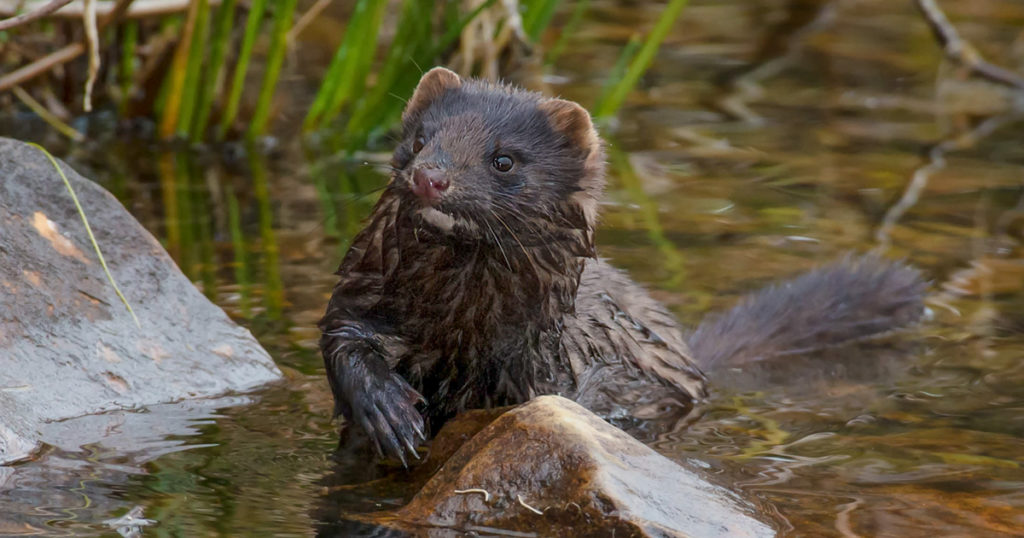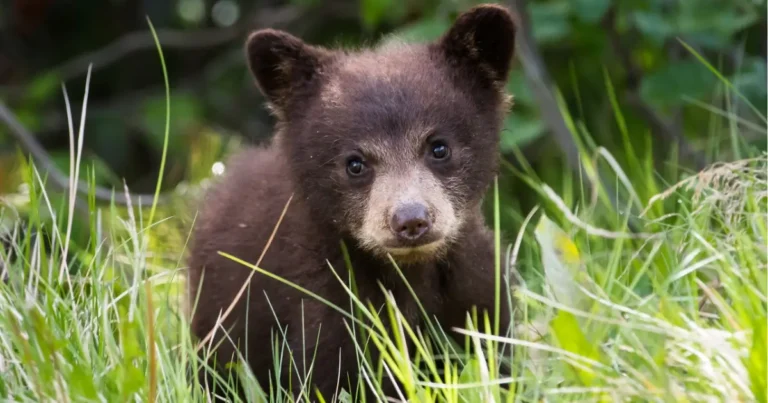
“Mink farming is a health hazard as it is an activity which endangers or is likely to endanger public health,” British Columbia’s Provincial Health Officer stated in an order last week. On the heels of a moratorium on mink farming in British Columbia, new information shows that the BC mink farm sector continues to pose a risk to animals, workers, and to the public.
A July 30 report from the World Organisation for Animal Health reveals that eight mink have either died or have been killed because of the SARS-CoV-2 virus on a farm placed under quarantine order on May 18. Eight more mink have tested positive for the virus, bringing the total number to thirteen on this farm. The report states that three of these infected mink “escaped their cages and were captured on farm.” Twenty-five thousand mink are at risk of being infected with the virus on this large industrial farm, one of the largest fur farms in the province.
It is clear that biosecurity measures and assurances made by industry and government have failed. Fur farming continues to pose a serious public health risk to the people of BC and Canada as a whole. Infected mink escaping their cages are especially worrying as they can introduce the virus into wild animal populations and establish a permanent reservoir in the wild.
A World Health Organization (WHO) risk assessment on fur farming noted that the transmission of SARS-CoV-2 from fur farms to susceptible wildlife populations is ‘likely’ to happen in Canada in large part because of the multiple COVID-19 outbreaks on British Columbia fur farms and the repeated biosecurity failures. The WHO outlines the risk of disease spillover:
“Emerging infectious diseases can often pose a threat to native wildlife species. Escaped fur farmed animals that can act as maintenance hosts and cause spillover to sympatric wildlife are a particular threat. Any wildlife species that becomes a reservoir for SARS-CoV-2 could pose a continued public health risk of zoonosis, a risk for the transmission of SARS-CoV-2 to other animal species, and the risk of negative perceptions of those species resulting in human threats to the species and their populations.”
The BC government needs to recognize these risks and act to end fur farming, offering support for workers to find new opportunities in other sectors. The moratorium on mink farming does not eliminate the current risks and harms to animals, to workers, and to all British Columbians. The message to the Ministry of Agriculture, Food and Fisheries from the BC public is clear: it’s time to end fur farming.
Residents of British Columbia are encouraged to contact their MLA and Minister of Agriculture Lana Popham (AGR.Minister@gov.bc.ca or by phone at 250-387-1023) and politely voice their opposition to fur farming in BC and call for a ban. You can find your BC MLA here, or click the following link to send a letter to your representative.
